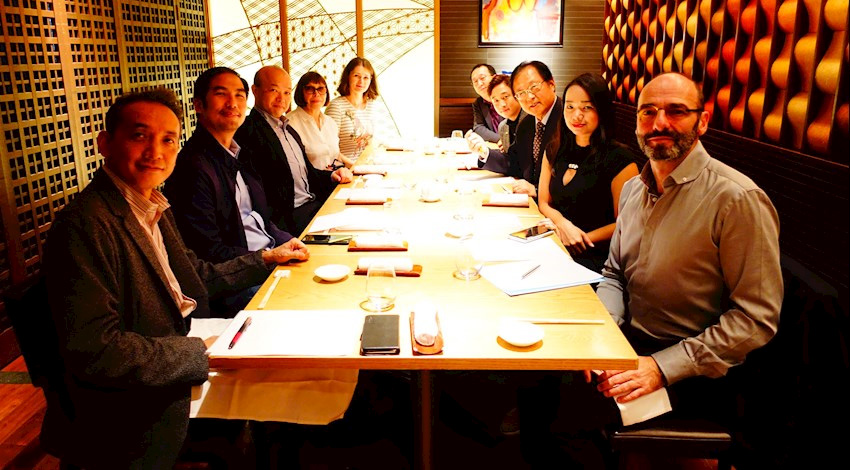US down for Japanese agencies as secondary sector grows
The survey of 38 members of JAOS on 2017 trends reveals that a total of 78,109 students booked programmes, a slight decrease compared with 79,123 in the previous year.
The USA retained its position as the most popular market for clients of JAOS agencies, but the number of students fell by around 5.5 per cent to 17,984 and overall market share for the USA dropped to 22.9 per cent.
The largest decline for the USA came in the language sector, which received 881 fewer students from JAOS agencies in 2017. There was also a drop of 240 students in the secondary sector, although there was a slight increase in bachelor students.
Tatsu Hoshino , Executive Secretary of JAOS, said that public perceptions of the US public order and immigration policies had impacted on enrolments.
Australia was the second-most popular destination with a steady total of 17,076 students, followed by Canada on 12,573 students (up slightly).
The Philippines continued its upward trajectory in the Japanese market, overtaking the UK to become the fourth most requested destination with 6,755 students – an eight per cent increase compared with the previous year.
Tatsu commented, “The result is believed to be due to the increasing awareness of Philippines in Japan, prompting college students, high school students and also professionals to select the Philippines as a study abroad destination. Adding to the trend is the increasing demand by companies, universities, and high schools to be trained in schools in Philippines.”
StudyTravel Magazine’s inaugural Market Analysis survey of ELT schools in the Philippines on 2017 trends also revealed a strong reliance on the Japanese market.
By course type, language programmes of less than three months commanded 55.9 per cent of all bookings, despite a slight decrease in popularity, followed by secondary programmes overseas which increased by 670 students to 15,870 and represented 20.3 per cent market share.
“This is most likely due to the rise in awareness among parents who desire their children to receive an education to train and prepare them to become globally functional professionals, both in and out of Japanese society,” said Tatsu.
Language programmes of more than three months represented 12.4 per cent market share, followed by the volunteer/internship/work experience category on 5.3 per cent. There were smaller shares for bachelor, postgraduate, non-degree and vocational courses.
Established in 1991, JAOS has a membership of 65 organisations, including the associate membership stream, and is a member of the global Federation of Education and Language Consultant Associations ( Felca ).
Source: StudyTravel Network

